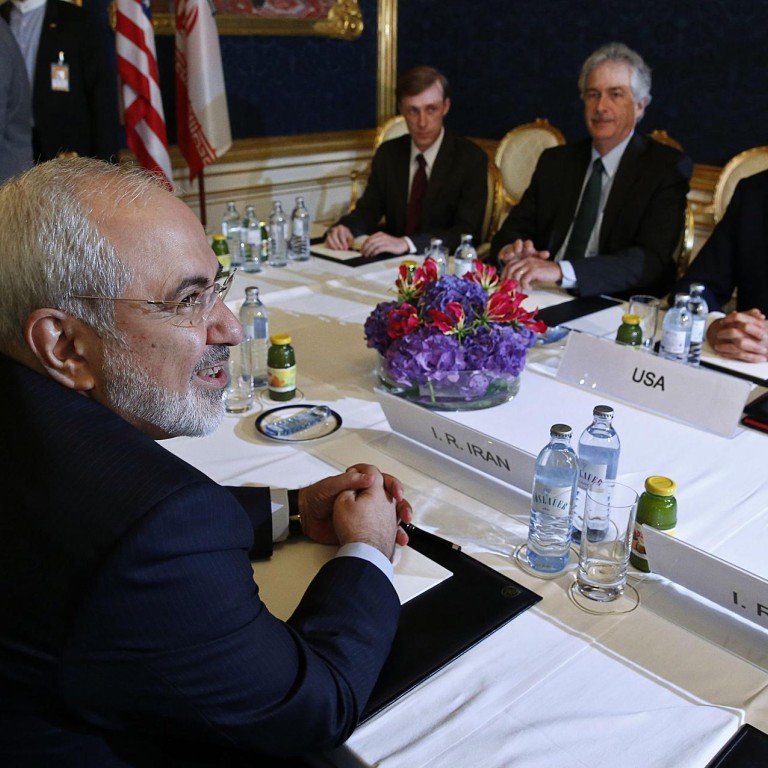
Iran turns on the charm as deadline looms for international nuclear talks
Smiling foreign minister seeks to win friends as nuclear deadline nears
No threats. No bluster. No blame. "I won't engage in blame games or spin," Iranian Foreign Minister Mohammad Javad Zarif tweeted on Sunday. "Not my style. What I will engage in is a sincere effort to reach an agreement."
With international negotiations over Iran's nuclear programme a week from their deadline to produce an agreement, US officials have been taking an ever-tougher public line, trying to build pressure with complaints about Iranian demands that they warn could cause the talks to break down.
But Zarif, Iran's chief negotiator at the seven-country negotiations in Vienna, isn't replying in kind. On the contrary.
As the negotiations have heated up, Iran's Western-trained emissary has been turning on the charm, with smiles and assurances that Iran is willing to cooperate with world powers if given a fair chance to develop its nuclear technology.
Western officials believe that Zarif's approach is intended to make Iran appear non-threatening and Western countries look like bullies.
"It's perfectly attuned to this world audience Iran is trying to convince that the talk of a threatening nuclear programme is way overblown," said a Western official close to the talks, who spoke on condition of anonymity.
Zarif was the centre of attention on Sunday as he met in Vienna with foreign ministers from Britain, France and Germany, and then privately with US Secretary of State John Kerry. The two men didn't comment after the two-hour meeting, which Kerry had said was aimed at finding out whether Iran would live up to its promises to make necessary compromises.
Zarif has been insisting that no one is more eager than Iran to do a deal.
Two weeks ago, as this sixth round of talks began, Zarif released a video showing him strolling around a serene Persian courtyard promising that Iran was fully committed to a diplomatic resolution.
"In the next three weeks, we have a unique opportunity to make history," he said in the video, which was released in multiple languages.
In an interview on Sunday on NBC's , Zarif said that Iran was willing to go to any lengths to cooperate with world powers "to ensure that nobody is concerned about Tehran's nuclear programme".
There was no value in forcing Iran to dismantle its centrifuges and other equipment because since it already had the know-how, it could rebuild the equipment at any time, he said.
Zarif contended that Iran needed only an industrial-scale programme because its contract with Russia for enriched uranium to fuel power generators runs out in seven years.
Western officials dispute this, arguing that Iran could easily obtain contracts for nuclear fuel for power generation. They say that Tehran has no need to expand the country's uranium enrichment output nearly twentyfold, as it is asserting.
Zarif will not be able to persuade the six world powers across the negotiating table to give up all concern about Iran's nuclear programme. All of them, including Russia and China, would prefer that Tehran not obtain the bomb.
However, the countries have varying views on how strict they believe the curbs should be on Iran's nuclear programme. If Zarif can make US demands look excessive, he may be able to persuade the group to allow more lenient terms, or put the blame on Washington if the talks break down.
If the failure is laid at the door of the Obama administration, many countries in Europe and Asia may be eager to throw off the international sanctions on Iran and resume oil purchases and other trade.
